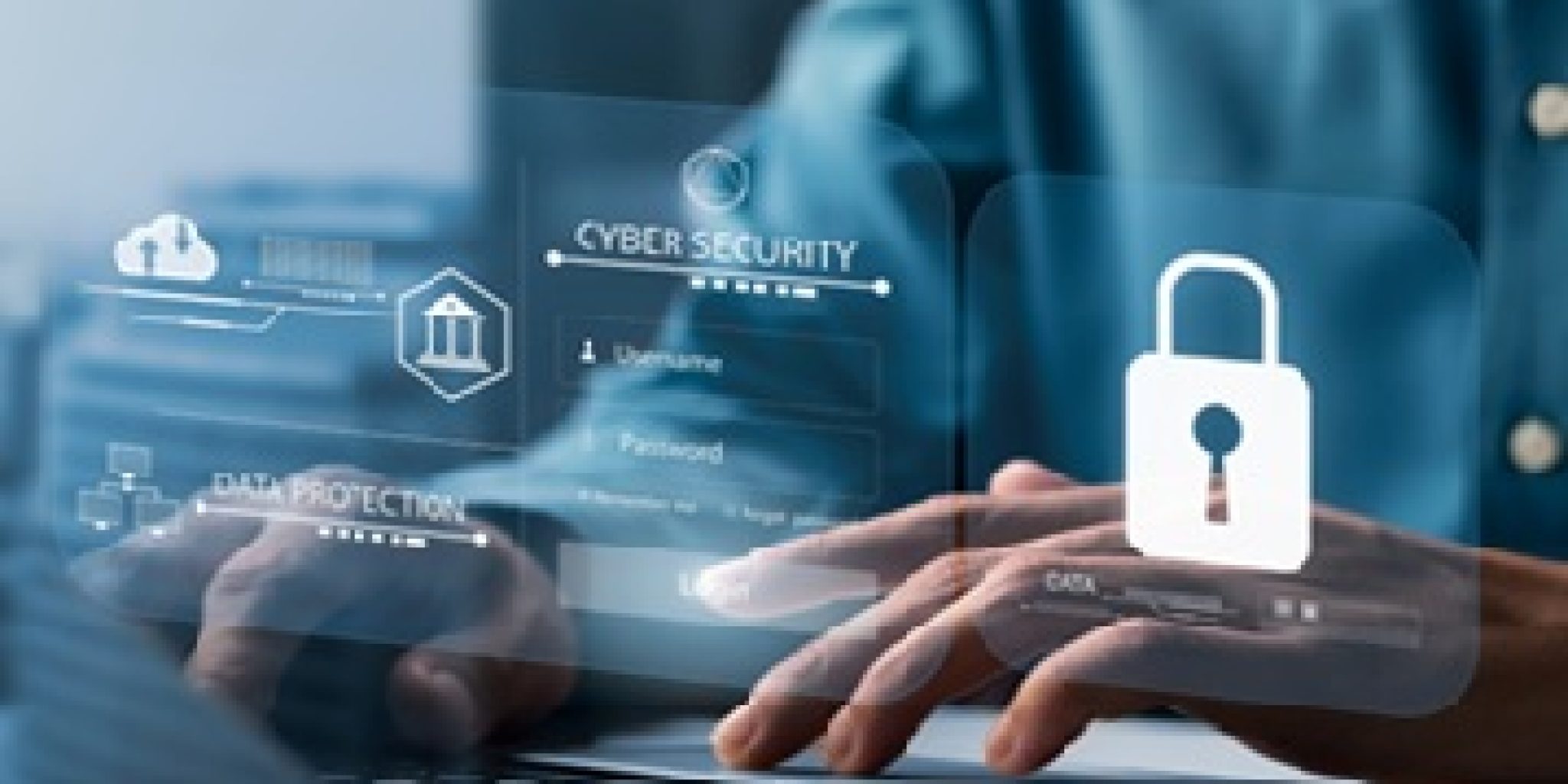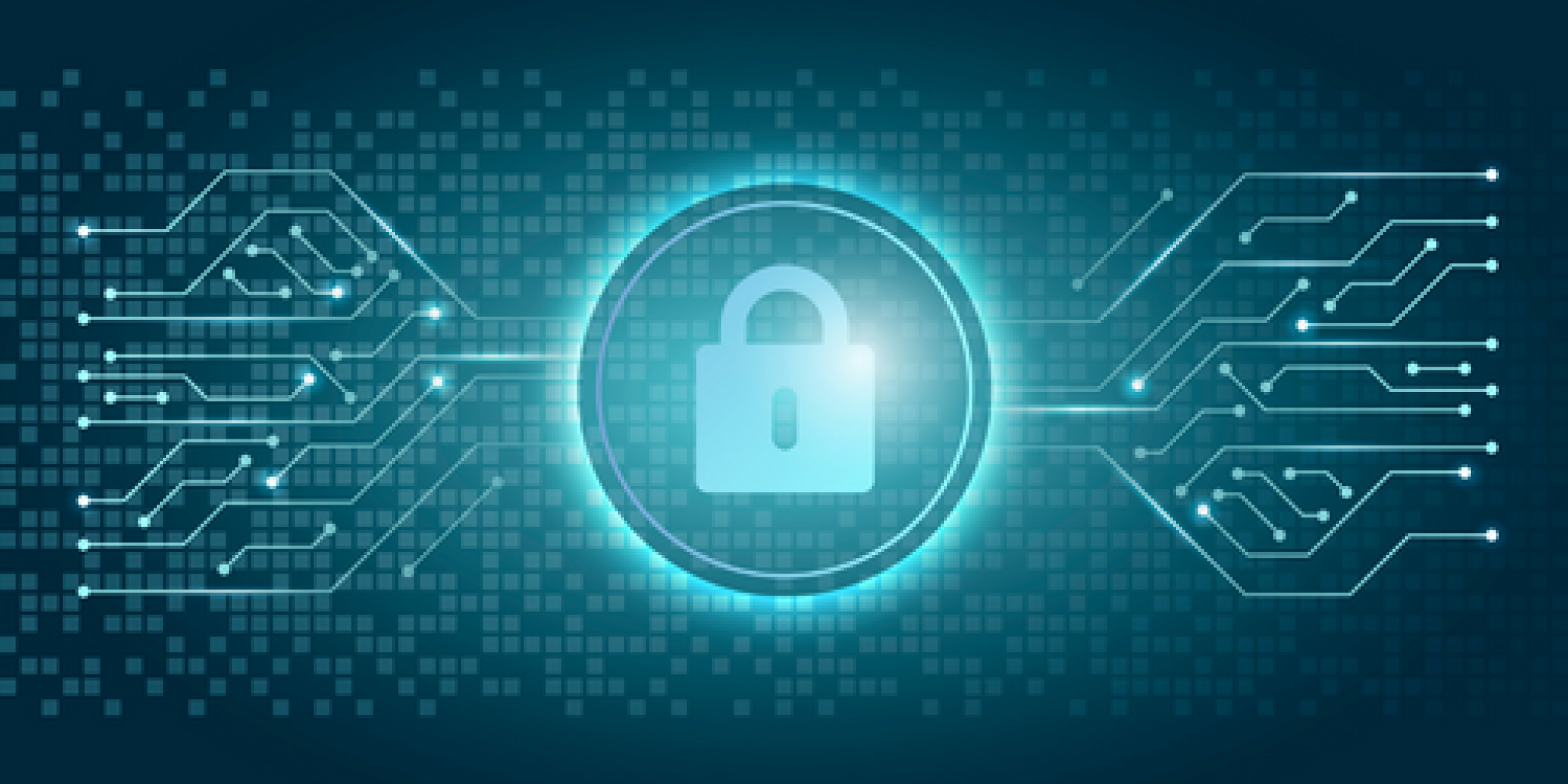Author: Vivek Gupta
Date: December 4, 2023
Date: December 4, 2023
Introduction
Small and medium-sized businesses (SMBs) are the backbone of the global economy, contributing to growth and innovation. However, they often find themselves in the crosshairs of cybercriminals due to certain vulnerabilities. In this article, we will explore why SMBs are prime targets for cyberattacks and discuss essential steps they can take to protect themselves from these threats.

SMBs Are Prime Targets
1. Limited Resources: SMBs typically have smaller budgets and fewer resources allocated for cybersecurity. Cybercriminals are well aware of this and often see SMBs as easier targets compared to larger corporations with robust security measures.
2. Valuable Data: Despite their size, SMBs often handle valuable data, including customer information, financial records, and proprietary data. This data can be lucrative for cybercriminals, making SMBs attractive targets.
3. Supply Chain Vulnerabilities: SMBs frequently form part of larger supply chains, providing products or services to larger organizations. Cybercriminals may target them to gain access to these larger entities, making them an entry point for more extensive attacks.
4. Inadequate Cybersecurity Awareness: SMBs may not prioritize cybersecurity awareness and training for their employees, making them more susceptible to social engineering attacks like phishing.
How SMBs Can Protect Themselves
1. Employee Training and Awareness:
· Conduct regular cybersecurity training sessions to educate employees about potential threats and best practices.
· Encourage employees to be vigilant and report any suspicious activities promptly.
2. Regular Software Updates:
· Keep all software, including operating systems, applications, and security tools, up to date to patch known vulnerabilities.
3. Firewalls and Antivirus Software:
· Implement robust firewall and antivirus solutions to detect and block threats.
· Ensure that these tools are regularly updated and configured properly.
4. Data Encryption:
· Encrypt sensitive data both in transit and at rest to protect it from unauthorized access.
5. Access Controls:
· Enforce strong access controls with role-based permissions.
· Limit access to sensitive data and systems to only those who require it for their roles.
6. Backup and Recovery:
· Regularly back up critical data and test the backups to ensure they are functional.
· Develop a disaster recovery plan to expedite data restoration in case of an attack.
7. Multi-Factor Authentication (MFA):
· Implement MFA for accessing sensitive systems or data to add an extra layer of security beyond passwords.
8. Incident Response Plan:
· Develop a comprehensive incident response plan that outlines steps to take during a cyberattack.
· Regularly test and update this plan and conduct tabletop exercises.
9. Vendor Security:
· Assess the cybersecurity practices of third-party vendors and partners to ensure they meet security standards.
10. Employee Awareness:
· Foster a culture of cybersecurity awareness within the organization.
· Encourage employees to report suspicious activities promptly.
11. Regular Audits and Assessments:
· Conduct periodic security assessments and audits to identify vulnerabilities and weaknesses.
· Address these issues promptly to enhance security.
12. Cybersecurity Policies:
· Develop and enforce cybersecurity policies and procedures tailored to the organization’s needs and risk profile.

Conclusion:
By implementing these cybersecurity measures, SMBs can significantly reduce their vulnerability to cyberattacks and protect their businesses, data, and reputation. While size may make them appealing targets, SMBs can level the playing field by prioritizing cybersecurity and adopting a proactive approach to defending against cyber threats. Cybersecurity is a shared responsibility, and by taking these steps, SMBs can enhance their digital resilience and thrive in today’s digital landscape. EnnobleAI’s cybersecurity experts can help you create a customized cyber program to fit the specific needs of your business.







